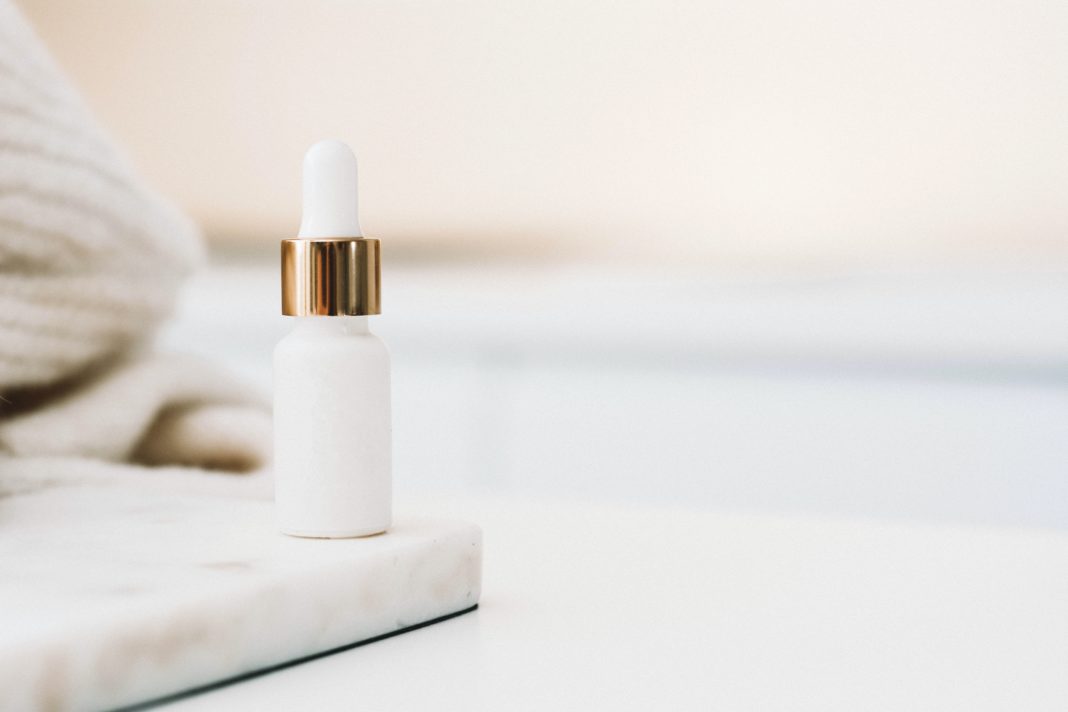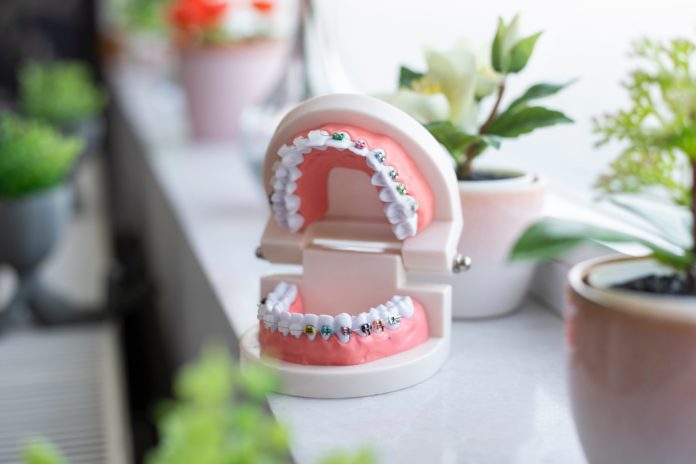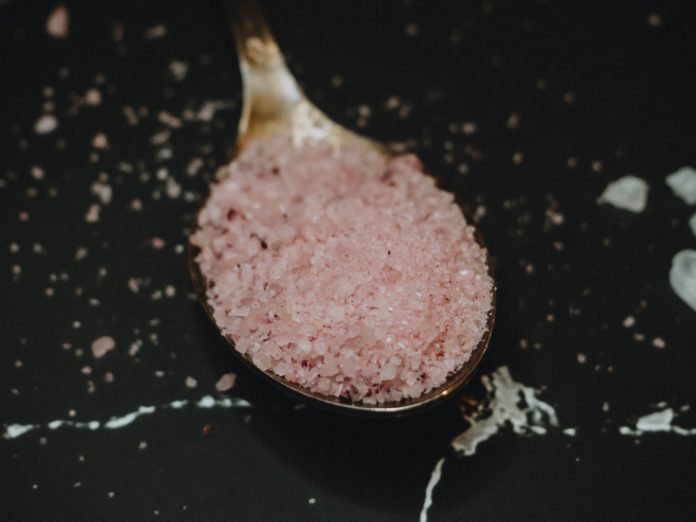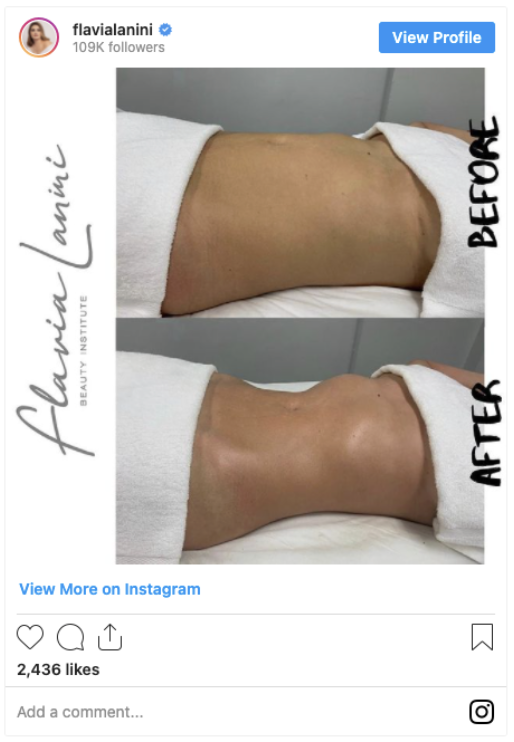When I say “skincare,” what’s the first thing that comes to mind?
Probably masks, exfoliants, and all the creams and serums, right? All the stuff you do to the outside of your skin.
But there’s a revolution brewing in skincare, and it’s all about treating your skin from within.
Between you and me, there’s nothing new here. Our skin has always been a direct reflection of our internal health. Which means when you nourish yourself well, you’re also practicing good skin care.
That said, what about supplements designed specifically to replenish the skin? Think collagen drinks, biotin gummies, and other beauty supplements of the like.
Today, we’re looking specifically at Hyaluronic Acid.
This ingredient has been in the skincare game for a long time (you’re likely already using it topically). But is there any benefit to giving it to your body from within?
Let’s investigate!
What We Know
Hyaluronic acid (HA) is something your body naturally produces to lubricate your skin, eyes, and the connective tissues between your joints.¹
Fun fact: half of your body’s total hyaluronic acid lives in your skin!¹
It acts as a humectant, which means it attracts and binds water. This helps to maintain optimal hydration levels. Even better, HA actually captures water and binds it to the collagen in your skin.
Collagen gives your skin its firm yet bouncy structure while hyaluronic acid keeps it plump, moisturized, and dewy. The result? Fresh, glowing, spotlight-stealing skin.
Here’s the bad news: our hyaluronic acid levels naturally decline as we age. Pollution, environmental toxins, UV exposure from the sun, winter weather and indoor heat, and lifestyle factors also chip away at our reserves.¹
|
As our hyaluronic acid levels decline with age, tiny holes poke through our skin’s protective barrier, releasing our much-needed moisture. This makes our skin more prone to dryness, fine lines, and puffiness. |
That’s why hyaluronic acid is a staple in skincare regimens. You’ll find it in everything from serums and moisturizers to sheet masks and body lotion. Studies show topical HA wards off dryness, diminishes the appearance of wrinkles, and helps retain and maintain skin elasticity.²
But what about internally? Are there scientifically-backed studies to support hyaluronic acid supplementation? Ask and you shall receive…
Research suggests that adding hyaluronic acid to your diet may:
- Boost skin moisture from the inside out.
In a randomized, double-blind, placebo-controlled clinical study, taking hyaluronic acid increased skin moisture and improved dry skin symptoms.³
2. Reduce the appearance of fine lines and wrinkles.
In one double-blind, placebo-controlled study, 60 Japanese male and female participants between the ages of 22 and 59 presented with crow’s feet wrinkles. They were randomly assigned a daily hyaluronic acid supplement or a placebo for 12 weeks. Researchers evaluated their skin wrinkles via image analysis and a questionnaire survey.
The scientists noticed that the HA group improved the volume in their skin while decreasing their wrinkle area size and wrinkle volume better than the placebo group. Just eight weeks into the study, the HA group showed a “significant” decrease in wrinkles compared to the placebo participants. And after 12 weeks, “skin luster and suppleness significantly improved.”⁴
- Decrease signs of photoaging (i.e., sun damage).
In a pilot open-label study, researchers investigated the effect of a dietary supplement containing collagen and hyaluronic acid on 26 healthy women with visible signs of sun damage on their faces. Supplementing daily for 12 weeks helped 76% score a “significant reduction” in skin dryness and lines/wrinkles.⁵
- Improve symptoms of rosacea.
Rosacea is a common skin condition that causes facial blood vessels to enlarge, giving cheeks and noses a red, flushed appearance. Scientists wanted to see if hyaluronic acid could suppress this inflammation, which plays a major part in rosacea symptoms. In an in vivo rosacea-like mouse model, they noticed HA helped decrease skin water loss, redness, and inflammation.⁶
And guess what?
The benefits of hyaluronic acid supplementation may go beyond skin-deep.
Taking it orally may:
- Provide relief for chronic joint pain.
One meta-analysis of over 13 clinical trials revealed that daily oral hyaluronic acid supplementation effectively relieved knee pain better than a placebo.⁷
Additional research demonstrated that HA might also provide relief for osteoarthritis pain.⁸
And in another study, those suffering from chronic pain conditions not only found pain relief, but also captured better sleep quality and higher physical energy levels thanks to an HA supplement.⁹
- Improve symptoms of acid reflux and GERD.
Researchers in a randomized, double‐blind trial gave 154 patients a daily hyaluronic acid supplement or a placebo for two weeks. Both groups continued to take acid suppressors. At the end of the trial, symptoms (heartburn, acid regurgitation, pain, and acid taste in the mouth) and quality of life scores improved for 53% of patients taking the HA supplement (compared to 32% taking the placebo).¹⁰
In another double-blind crossover study, 20 patients who experienced heartburn and/or acid reflux at least three days per week either received four daily doses of an oral HA supplement or a placebo for 14 days. The HA group experienced less heartburn and acid reflux than the placebo group. Further, 60% of the HA group reported relief of their symptoms in less than 30 minutes. The best part? 50% of those in the HA group had a “total disappearance of symptoms.”¹¹
Though these studies may be few and small in sample sizes, they are promising.
What We’re Still Learning
We’re still discovering the many potential benefits of taking hyaluronic acid as a supplement.
For instance, here are some studies that show more benefits of topical HA, though there isn’t yet research on whether HA supplements deliver the same effects:
Studies on topical hyaluronic acid show it may speed up wound healing, reduce the size of wounds, and decrease wound pain faster.¹²,¹³,¹⁴ When applied topically in your mouth, HA may aid healing after common dental procedures, oral ulcers, and gum disease.¹⁵ It also has antibacterial properties that may reduce wound infection risks.¹⁶
Directly applying HA helps lubricate the delicate eye tissue when your body may be unable to make its own tears.¹⁷ Since hyaluronic acid is naturally present in our eyes, many moisturizing eye drops contain this ingredient to provide relief for symptoms of dry eyes.
The Bottom Line
Skincare is more than what you put on your skin, it’s also what you put in your body.
For a more youthful, radiant glow, you may want to consider making hyaluronic acid part of your daily ritual. Studies show that using HA topically and taking it as a supplement may help increase skin moisture and blur away fine lines and wrinkles. And possibly much more!
Since your body naturally creates hyaluronic acid, side effects and allergic reactions are incredibly rare.⁷
Of course, it’s always best to speak with your doctor if you’re pregnant, breastfeeding, or have a history of cancer, because supplementation hasn’t been studied well enough in these groups.
How do I get started?
| Toes In |
|
| Waist Deep |
|
| Full Immersion |
|





